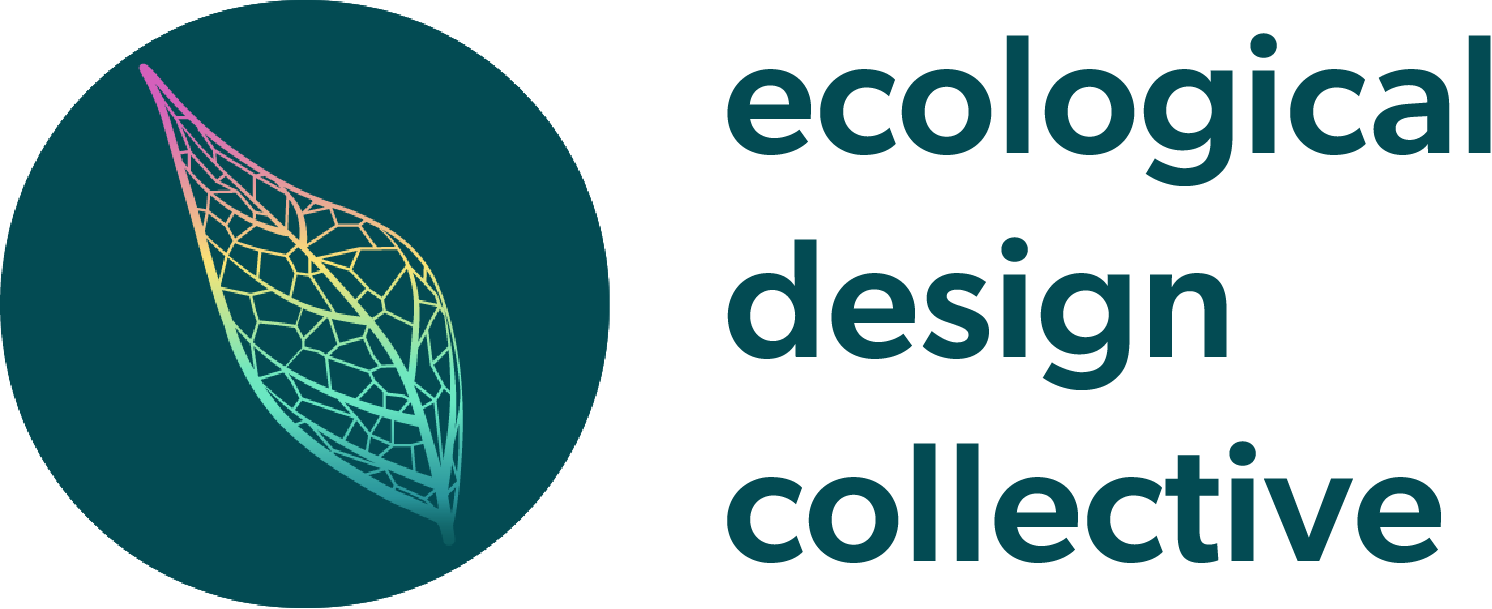An incisive guide to abolitionist strategy, and a love letter to the movement that made this moment possible.
Critics of abolition sometimes castigate the movement for its utopianism, but in How to Abolish Prisons, long-time organizers Rachel Herzing and Justin Piché reveal a movement that has made the struggle for abolition as real as the institutions they are fighting against.
Drawing on extensive interviews with abolitionist crews all over North America, Herzing and Piché provide a collective reconstruction of what the grassroots movement to abolish prisons actually is, what initiatives it has launched, how it organizes itself, and how its protagonists build the day-to-day practice of politics. Readers sit in on the Winnipeg rideshares of Bar None and the meetings of the Chicago Community Bail Fund as they assess the utility of politicized mutual aid. They follow the campaigns and coalitions of Critical Resistance in Oakland and San Francisco and Survived and Punished in New York City, and learn about the prisoner correspondence projects that keep activists behind bars and outside them in constant coordination.
Abolitionist campaigns are constructing on-the-ground initiatives across North America to deconstruct carceral society and build resistant communities.Through the words, deeds, and personalities of this beautifully peopled movement, _How to Abolish Prisons _emerges as a stunning snapshot of a movement’s thinking in motion.
“At their most effective, movements for radical change help to produce new ways of understanding the world, new epistemologies. Rachel Herzing and Justin Piché have provided an invaluable service by illuminating the part played by prison abolition activists in generating theories and practices that have the power to change our present-day realities and the potential to create lasting, radical transformations for the future.” —Angela Y. Davis
“How to Abolish Prisons _is hope in action. It is right on time.” —Mariame Kaba, author of _We Do This ‘Til We Free Us
Rachel Herzing is an organizer, activist, and advocate fighting the violence of surveillance, policing and imprisonment. Herzing was executive director of Center for Political Education, a resource for political organizations on the left and progressive social movements; codirector of Critical Resistance, a national organization dedicated to abolishing the prison industrial complex; and director of research and training at Creative Interventions a community resource that developed interventions to interpersonal harm that do not rely on policing, imprisonment, or traditional social services. She lives in New York City.
Justin Piché is associate professor in the department of criminology, director of the Carceral Studies Research Collective at the University of Ottawa, and coeditor of the Journal of Prisoners on Prisons. He is also a founding member of the Criminalization and Punishment Education Project, the Abolition Coalition, and the Carceral Cultures Research Initiative. He lives in Ottawa, which is located on unceded and unsurrendered Algonquin Anishinaabe Territory.



Responses